Charles-Valentin Alkan: Complete Recueils de Chants, Volume Two
The wild originality of Charles-Valentin Alkan was little appreciated during his lifetime (1813-88), nor during the century which followed, when he was largely lost from sight. But now Alkan is increasingly recognised as one of the most individual personalities in all music. The five albums he called Recueils de chants — miniature tone-poems which marry Classical constraint to virtuoso Romantic excess — provide an attractive gateway to his freewheeling imagination.
Stephanie McCallum, piano
Listen To This Recording:
-
Quatrième Recueil de Chants, Op. 67 (c.1868)
- No. 1 Neige et lave
- No. 2 Chanson de la bonne vieille
- No. 3 Bravement
- No. 4 Doucement
- No. 5 Appassionato
- No. 6 Barcarolle
- No. 1 Duettino
- No. 2 Andantinetto
- No. 3 Allegro vivace
- No. 4 La voix de l’instrument
- No. 5 Scherzo-Coro
- No. 6 Récapitulation – Barcarolle
- No. 1 Andantino
- No. 2 Très vif
- No. 1 Ma chère liberté – Focosamente ma Sostenuto molto – Quasi Scherzando
- No. 2 Ma chère servitude – Poco lento
- Désir. Fantaisie (1844)
- Chapeau bas! Seconda fantasticheria (1872)
Cinquième Recueil de Chants, Op. 70 (c.1872)
Deux Nocturnes, Op. 57 (1859)
Deux Petites Pièces, Op. 60 (1859)
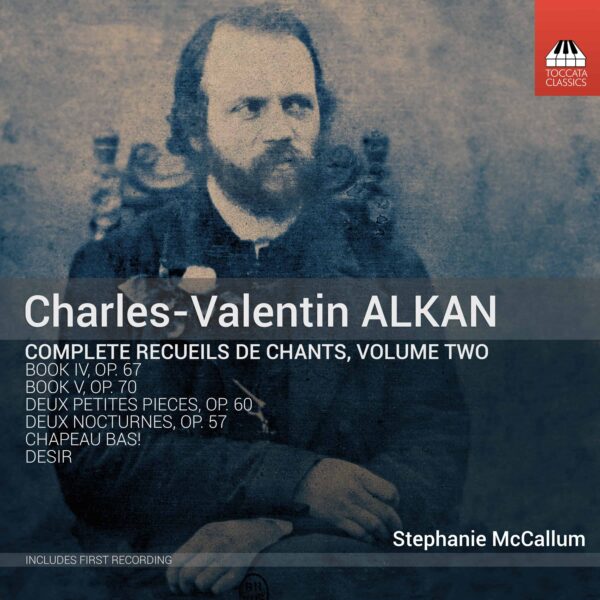
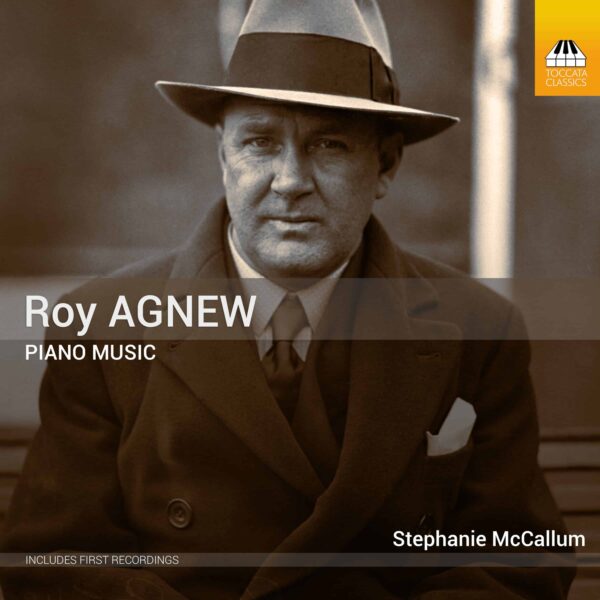
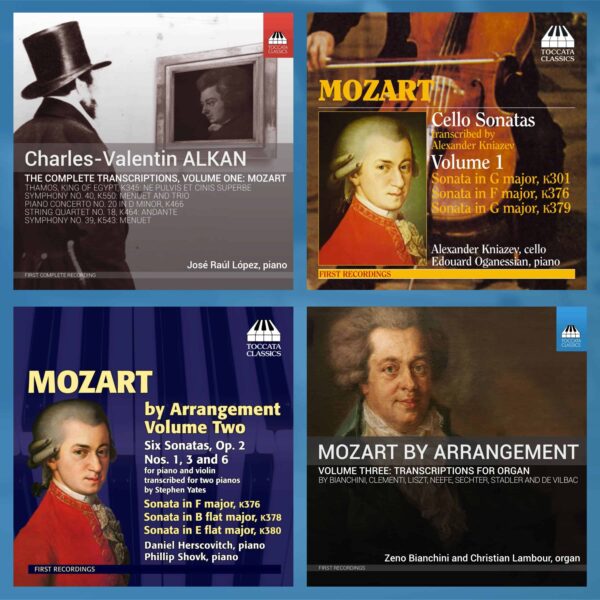
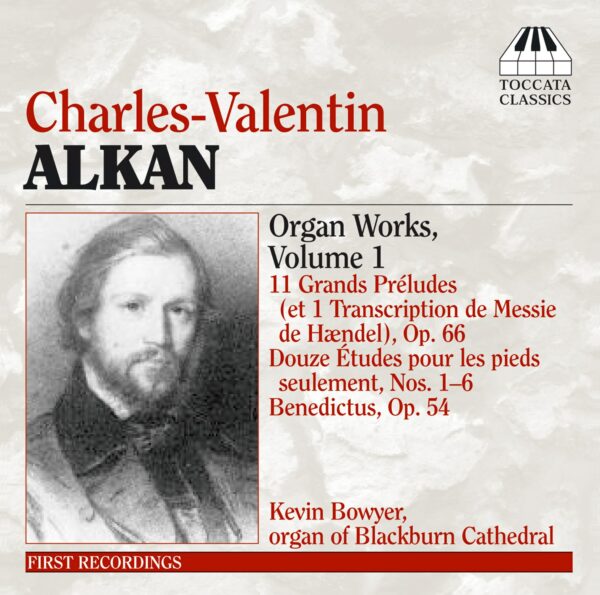
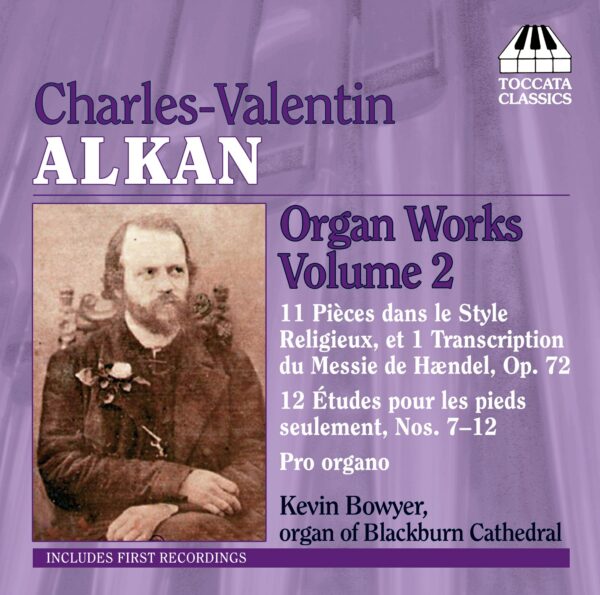
Fanfare Magazine :
‘…In Alkan’s hands, the structural integrity of these pieces can stand on their own as piano works to rank with the finest ever written in that genre…
…Moreover, pianist McCallum invests each and every one of these pieces with remarkable variety and color, varying the rhythm in numerous subtle ways à la Chopin, which I found apropos to these scores. …In short, I found her performances and this music to be a perfect match artistically. One could not ask more of her. …Well worth hearing.’
—Lynn René Bayley, Fanfare Magazine
MusicWeb International :
‘…and there’s a decidedly parodic piece in this last book, innocently entitled Allegro vivace. However it seems to parody military quick steps, reveille and drum, and ridicule the whole idea of a processional. There’s a relentless, unyielding quality to the penultimate piece, passionately terse, but the finale is a splendid recapitulation, full of typical Alkanesque extremes. The seedbed for all this was Mendelssohn, but the way in which Alkan draws the music toward his very personal sense of tone poetry is, as ever, both bewildering and bewitching… Once again Stephanie McCallum is fully inside the music – the booklet notes are outstanding, by the way – and she deserves plaudits for her acutely perceptive dedication to the Alkan cause.’
—Jonathan Woolf, MusicWeb International
American Record Guide :
‘…I like complete sets, and have been waiting for this to complete the series. Given McCallum’s ability to navigate Alkan’s treacherous waters, I suspect that I will never need another recording of Alkan’s 30 Songs. Excellent recording quality is something I have come to expect from Toccata; and this release, done in 2012 at the Sydney Conservatory, is among the best.’
—James Harrington, American Record Guide
Seth Blacklock :
Stephanie McCallum’s conspectus of one of Alkan’s major collected works reaches a satisfying conclusion here. As with the first volume in this series, the pianism is of the highest order and McCallum makes a strong case for these neglected pieces. There are a few real jewels among the Chants on this disc, for me at least, including the gorgeous Duettino, La voix de l’instrument and the somewhat wistful summing-up contained within the final Récapitulation – Barcarolle. It is excellent to have another recording of Alkan’s two later Nocturnes (presented together on disc for the first time I believe) and the Deux Petites Pièces, as well as the very attractive Désir from 1844, which here appears for only the second time on disc. And to cap it all off (excuse the pun), we have the first recording, 141 years after its publication, of Chapeau bas! which, though not Alkan’s strongest work, provides a meaty end to the disc. So hats off to Toccata Classics again, for providing us with another Alkan feast, in very good sound quality, played by one of the composer’s most ardent champions.